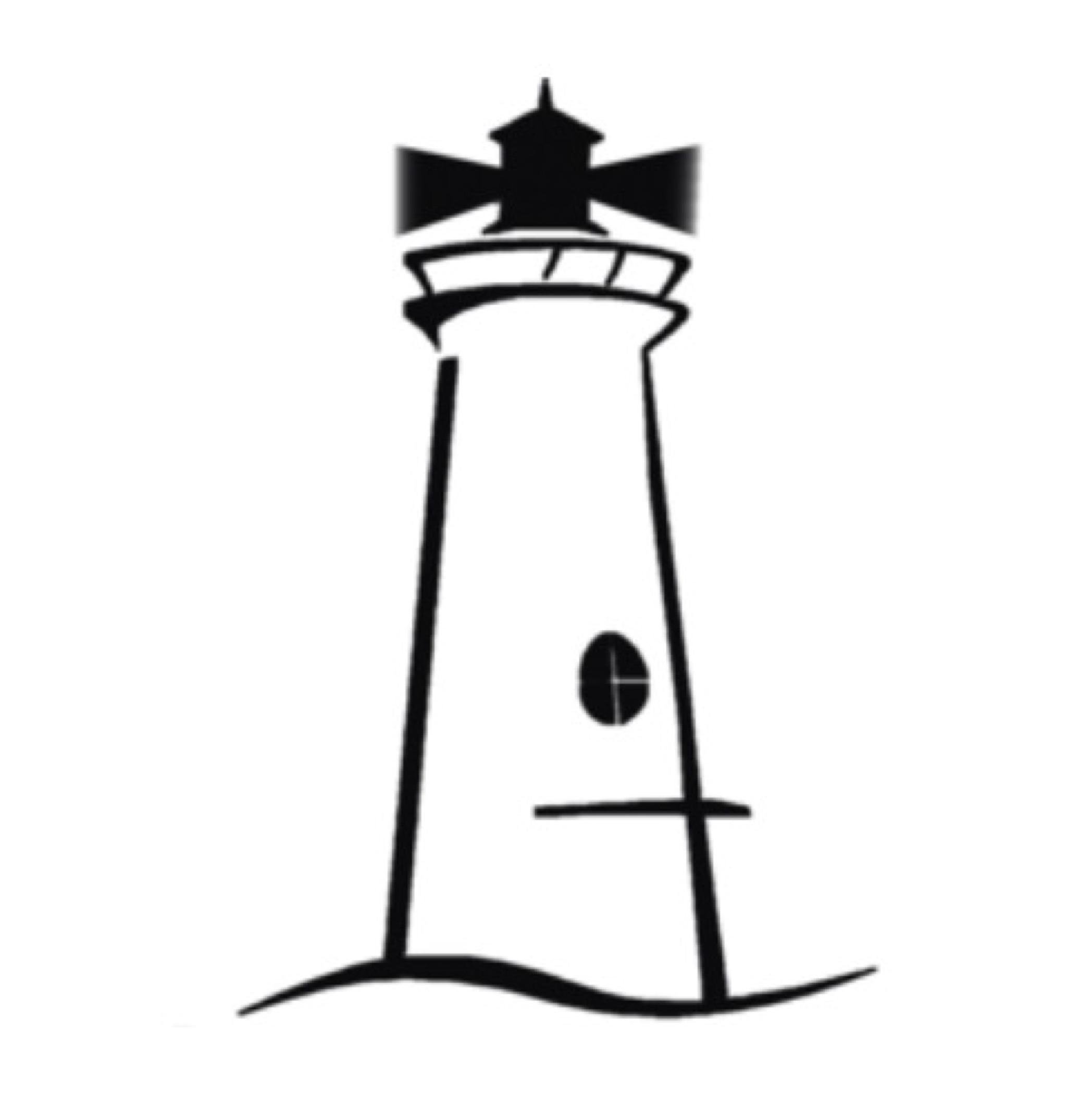What is Environmental Education? Empowering the Next Generation of Guardians Through Learning and Action
- The Lighthouse Legacy Foundation

- Jan 23, 2024
- 4 min read
Through education, we turn the key to unlock the solutions for our planet's environmental challenges, nurturing stewards who will guard and heal the Earth
As a passionate sailor and environmental advocate who's been deeply involved in the tourism and marine conservation sectors in Subic Bay for over a decade, I've seen firsthand the profound impact that education and hands-on training can have on environmental stewardship and sustainable practices.
It's with immense pride and deep gratitude to be part of the Laudato Si' Certified Environmental Trainer (LS-CET) program together with other amazing environmental advocates. This forward-thinking program, inspired by Pope Francis' influential encyclical "Laudato Si'," is a remarkable blend of theology, ecology, and technology. It offers an innovative and potent method for nurturing environmental guardianship.

What truly resonates with me about this program is its alignment with our shared mission: to enlighten and empower our participants to step up as proactive protectors of our beautiful planet. This partnership underscores our dedication to deepening the understanding and appreciation of our natural environment, with a view to securing a sustainable and flourishing future for everyone.
In the second batch of our program, we had the extraordinary opportunity to engage with a dynamic and enthusiastic group of faculty members from nine respected institutions: Immaculate Heart of Mary College; Archdiocesan Ministry on Environment, Archdiocese of Lipa; Don Bosco Technical College; Canossa College - San Pablo Inc; Canossa Academy (Lipa); The Canossa School, Inc. (Sta. Rosa, Laguna); Elizabeth Seton School South; Parañaque National High School; and Lourdes School of Mandaluyong.
Each of these schools contributed their unique perspectives, creating a rich and diverse learning environment. Their eagerness to absorb, learn, and contribute greatly enriched our program. What was particularly inspiring was their shared passion for environmental stewardship – a passion they are poised to instill in their students. Working alongside these educators, who are the future leaders in environmental conservation, was a profound honor. Guiding and witnessing their evolution into proactive guardians of our planet filled me with hope and optimism for the future generations they will influence and shape.

In my role as a leader of the Marine and Coastal Conservation workshop within this program, I'm exhilarated to impart the rich array of experiences I've accumulated in my efforts to maintain our oceans free from pollution. This interactive course is not only a platform for addressing the challenges we face but also a spotlight on the remarkable solutions and innovations that I've encountered along the way. We delve into the inspiring work of committed individuals and organizations, as well as the breakthrough technologies and enterprises making significant strides in environmental conservation.
During the course, participants explore the significance of these ecosystems, the threats they face, and the urgent need for conservation efforts. This is not just theoretical learning; it's about getting involved, getting our hands dirty, and making a tangible impact. It's about taking our love for the ocean and translating it into effective action.

One of the activities we had was an actual beach cleanup operation, complete with comprehensive data gathering. This wasn't just any cleanup – it mirrors the rigorous methodology we employ during the International Coastal Cleanup Day. Participants learn to meticulously identify, count, and record each item of debris. And let's face it, one of the biggest threat to marine life is PLASTIC WASTE. This precision in data collection is crucial, as it feeds into a larger understanding of the pollution problem. After all, to effectively tackle an issue, we need to measure it accurately first. This exercise not only cleans our beaches but also instills a deeper understanding and commitment to marine conservation in our participants, making them informed advocates for our oceans and coastlines.

Identifying plastic waste as a major threat leads us to the question: what next? Throughout my journey, I've been committed to educating communities about recycling, building a network of plastic recyclers, and encouraging grassroots involvement to foster a recycling culture at the community level. Technology alone isn't enough; real change requires the determination and passion of the community. That's why an integral part of our course involved helping participants understand the recycling process. We showcased various technologies available for recycling and highlighted model communities that have successfully led community-based recycling programs. These examples demonstrated the power of collaboration and the significant impact of collective action.

Through these experiences, we're not just teaching; we're inspiring a movement. We're equipping individuals with the knowledge, skills, and passion needed to make a tangible difference in the fight against marine pollution. Together, we're building a community of change-makers, ready to take on the challenges and protect our precious marine ecosystems for future generations.
The LS-CET is a full scholarship course that is currently a by invitation-only program. General requirements and other information available at http://dbst.edu.ph/ls-cet/
About the Author

Zed Avecilla is the Managing Director of the Lighthouse Marina Resort Legacy Foundation, a subsidiary of the Lighthouse Marina Resort in Subic Bay Freeport, and an awardee of the ANAHAW Philippine Sustainable Tourism Certification by Zero Carbon Resorts. He is also the Program Director for Zero Waste to Nature Ambisyon 2030 of the Philippine Alliance for Recycling and Materials Sustainability (PARMS) and the Area Coordinator of the International Coastal Cleanup Philippines.
Scan the QR code above to connect.




















Comments